Written by Debra McDonald
Do you ever wonder why your vet repeatedly tells you to stop feeding sunflower seeds to your bird when your bird absolutely loves them? In fact, most birds will selectively choose the sunflower seeds over most other seeds. So, if your bird is eating them they must be good for them – right?
Wrong! Birds are not renowned for their nutritional wisdom. In fact, most birds select dietary items by mimicking other birds. The high fat content of sunflower seeds (>50% fat) makes them highly palatable and ensures that a bird feels satiated. However, if a bird feeds to satiation instead of selecting dietary items of suitable nutritional composition, birds will generally choose a high fat seed over one that is high in protein and run the risk of protein deficiencies as well as vitamin and mineral imbalances.
If you use the analogy of a child in a candy store, you will appreciate why birds love sunflower seeds. Try to get kids to eat their broccoli, brussels sprouts or spinach when they also have a choice of lollies and chocolate. They will most likely choose the candy every time, even if they are told that the greens are healthier for them. Birds are not unlike our kids in a lolly shop and they will eat the sunflower seeds, not because they are good for them, but because they fill them up! All that fun – yum!
Because the essential fatty acids (omega-3 and omega-6) compete for uptake, a surplus of linoleic acid (an omega-6 fatty acid) will decrease the amount of omega-3 fatty acids available for uptake and could lead to fatty acid imbalances. This can then impact on fertility, blood clotting, vitamin E levels and a whole swag of other things. The high fat content alone can lead to an obese bird and you may experience problems with fatty liver syndrome.
While the protein content of the seeds is reasonably high, we need to be aware that plant proteins are not ‘complete’ proteins. That is, they don’t consist of the full complement of amino acids required to make up complete proteins. Therefore, birds generally feed on a variety of seeds in the wild, in order to obtain a range of amino acids. The high protein content of the sunflower seeds will not contain all of the essential amino acids and will result in a deficiency.
Vitamin A is necessary for the support of growth. In the absence of vitamin A, animals cease to grow and eventually die and it is of primary importance in the development of young, growing birds. Vitamin A deficiency can result in at least four different lesions:
- loss of vision due to failure of rhodopsin formation in the retina
- defects in bone growth
- defects in reproduction
- defects in growth and differentiation of epithelial tissue, frequently resulting in keratinisation.
Vitamin A deficiencies can result in poor vision. In chickens, tear gland secretions can dry up leading to an infectious discharge that causes the lids to stick together. Vitamin A deficiencies can lead to disorganized bone growth. Decreased reproductive ability, decreased hatchability, decrease in sexual activity of males and failure of spermatogenesis have all been related to vitamin A deficiencies. Vitamin A is required for the maintenance of epithelial cells, which form protective linings on many of the body’s organs. Keratinisation of the epithelium allows pathogen entry through the skin, lung, gastrointestinal tract (GIT) and urogenital tract surface, making vitamin A deficient birds more susceptible to infections. Therefore, diarrhoea and pneumonia are characteristic of vitamin A deficiency.
The vitamin A content of seeds is generally known as being quite low and we see here that the vitamin A content of a sunflower seed is significantly lower then recommendations for both poultry and the palm cockatoo. In addition, the vitamin A content of sunflower seeds will be in the form of carotenoids (provitamin A), which is not the equivalent to vitamin A in the form of retinol (1 IU of provitamin A activity is equal in activity to 0.6 ug of B-carotene). Therefore, the best you can hope for is up to 50% vitamin A activity. Slower growth, lowered resistance to disease, eye lesions and muscular uncoordination are all possibilities arising from a vitamin A deficiency if fed a diet solely of sunflower seeds.
Next, we move onto the minerals. When we feed birds we generally want to aim for a calcium content of about 0.6-0.8%. These values are considerably inflated for the commercial poultry industry but you need to remember that these birds are being maintained to produce about 300 eggs a year. However, calcium and phosphorus compete for uptake so we need to assess both these minerals. As bone has a Ca:P ratio of about 2:1, we try to aim for a ratio of Ca:P of 1:1 to 2:1 and we need to ensure that the phosphorus levels are always below the calcium levels. This is not the case in a sunflower seed with a calcium content of approximately 0.1% and a phosphorus content of about 0.74% giving a Ca:P ratio of 0.13:1. This is significantly below what is required for maintenance let alone a breeding bird so a diet consisting solely of sunflower seeds is not going to provide your bird with sufficient calcium in the diet. In addition to this poor Ca:P ratio, sunflower seeds contain more than 50% fat. Fat has the ability to bind to calcium making even less of this important mineral available in the diet.
Looking at the other minerals, there are also considerable variations in selenium content (a mineral that can be extremely toxic if in excess), and potassium and magnesium levels are also higher in sunflower seeds, while manganese and zinc are lower in sunflower seeds. It is far safer to feed a balanced diet consisting of a scientifically formulated food that is nutritionally balanced and preferably organic in nature (such as the HBD International products). So, the bottom line is – DON’T FEED YOUR BIRD A DIET SOLELY OF SUNFLOWER SEEDS !!!! If you, as an owner, are particularly addicted to the concept of feeding sunflower seeds, keep them for behavioural enrichment or a treat food, remembering that too many ‘treat’ foods will dilute out the nutrients in your balanced diet (but that’s a topic for another issue).
Information supplied by (c) Currumbin Valley Vet Services August 2010
FAQs
Just like a human child preferring junk food to brussels sprouts, birds will generally choose a high fat seed such as sunflower over one that is lower in fat yet high in protein. The bird may then develop protein deficiencies as well as vitamin and mineral imbalances. Sunflower seeds are the fast food of the bird world, they really shouldn’t make up any major portion of their diet and should only be offered as a treat to your bird – not a mainstay in their diet. You can search online for an exotic animal vet near me and learn more about the proper diet for your avian companion.
Birds should be fed a variety of seeds such as safflower seeds, which are similar in size and shape to sunflower seeds, in order to obtain a wide range of amino acids. Sunflower seeds will not contain all of the essential amino acids and can result in a deficiency – they also happen to be very high in fat. A fat bird will eventually be a very unhappy, sick bird and you will find yourself doing an online search for an exotic pet doctor near me – hoping it’s not too late to save your avian companion.
There are many other options that are much healthier for birds. For example, fruits, vegetables and seeding grasses contain far less fat and calories than sunflower seeds. In addition, they provide essential nutrients that sunflower seeds lack. Fruits, vegetables and especially naturally occurring grasses and seeds that your bird would forage for in the wild also contain fibre, which helps improve digestive health. You can learn more about the best diet for your feathered companion by talking to an avian vet – if you don’t already have a regular vet then you should do a search for an exotic pet doctor near me and book a consultation.
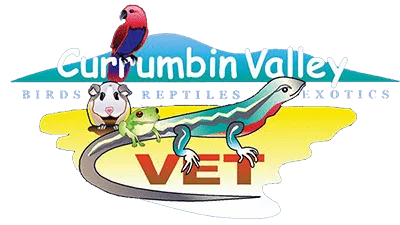
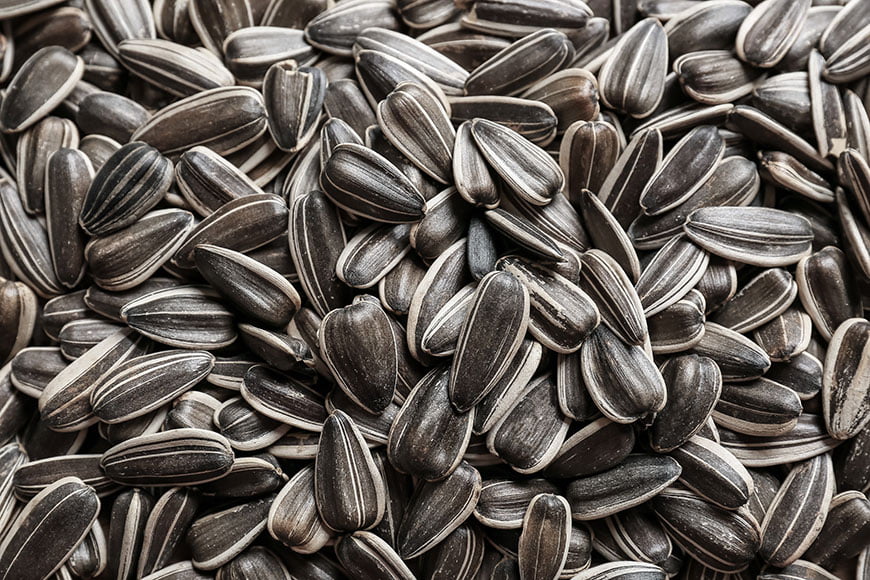
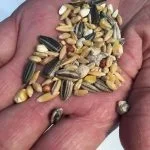

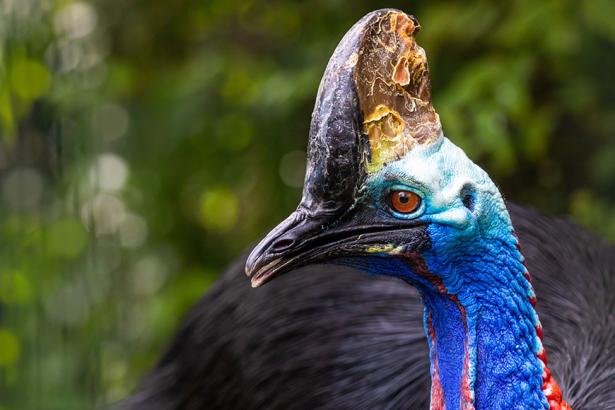
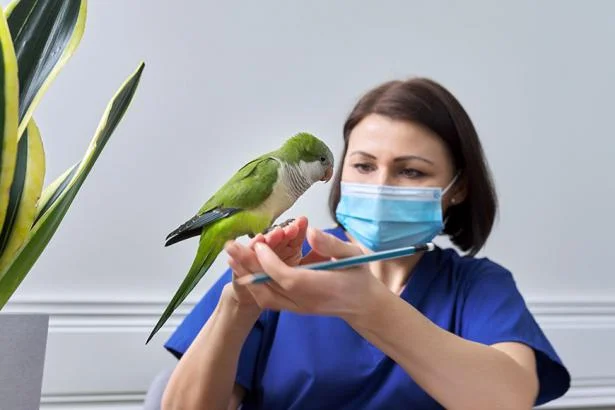
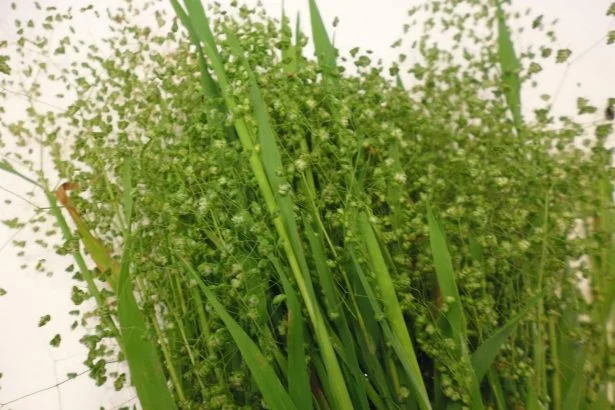
I have 3 rescue/rehome parrots. Morgan, my galah, came to live with me about 25 years ago – he ate only sunflower seeds (he was believed to be about 20 yo at the time. Now he eats anything he’s given and will always at least try new foods. Even so, he developed a tumour a few years ago. So then I changed his diet again – 1/3 dry seed; 2/3 sprouted seed. I make my own seed mix, so it was already low in sunflower seed. His tumour hasn’t progressed and in fact is a little smaller. Ruby, my Major Mitchell has metabolic bone disorder. Her 30 yo parents bred for the first time in 25 years, laying 4 eggs. One egg failed to hatch, 1 baby died in the nest, a third baby died shortly after leaving the nest. Ruby survived (not surprising as she thinks she’s invincible!). She has distorted wing bones and is unable to fly, and one leg has almost a 90 degree bend in the thigh bone, plus other bone deformities. Luckily she has one good leg and is able to hold food with the deformed foot and moves around her large cage using her good leg and her beak. Ruby is now 5 yo. Her x-rays are a good example of what can happen when birds are fed an inappropriate diet (her parents were fed large bowls of mixed seed – which they almost certainly ate mostly just the sunflower seed). Maybe people need to be shown Ruby’s x-rays to see just how severe the problems can be from feeding excess sunflower seed!